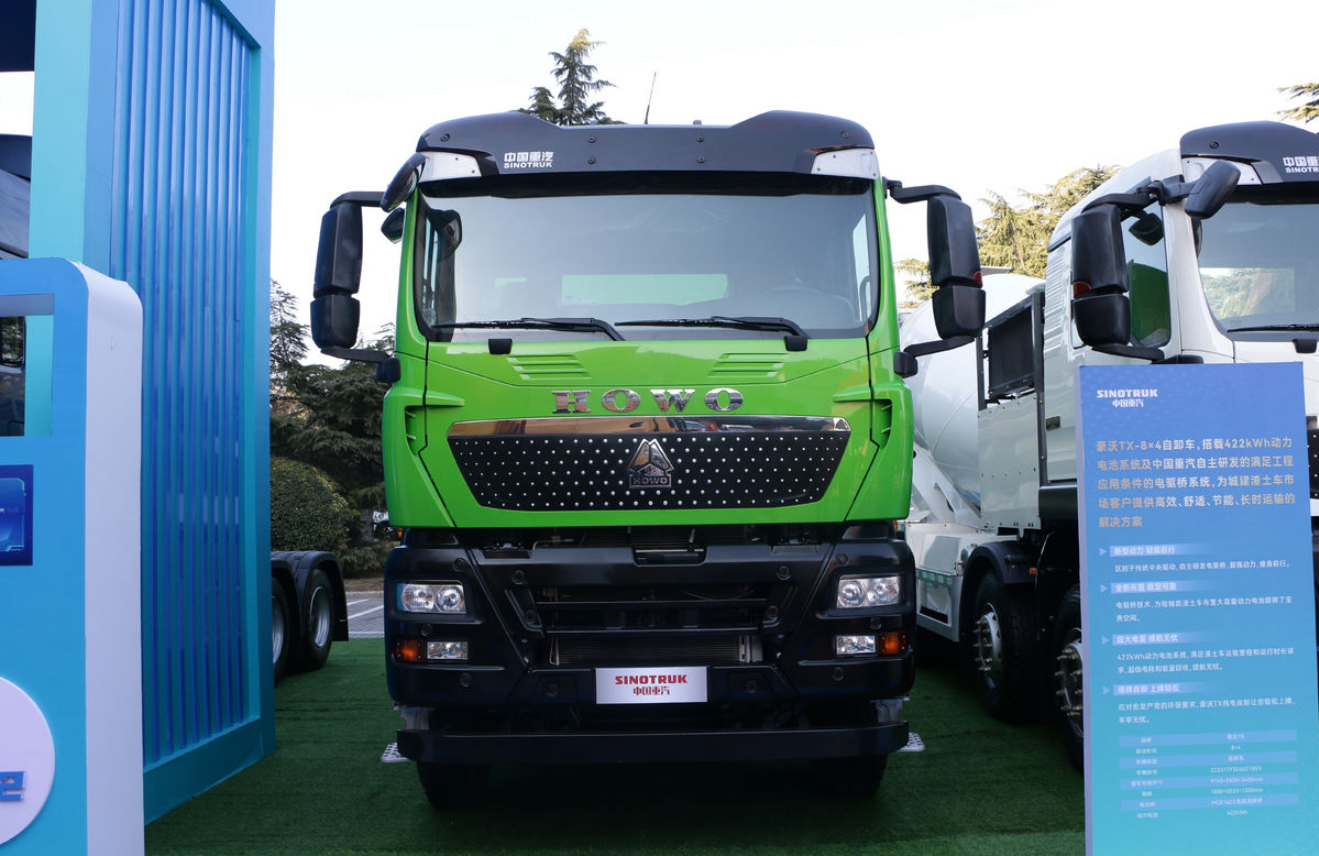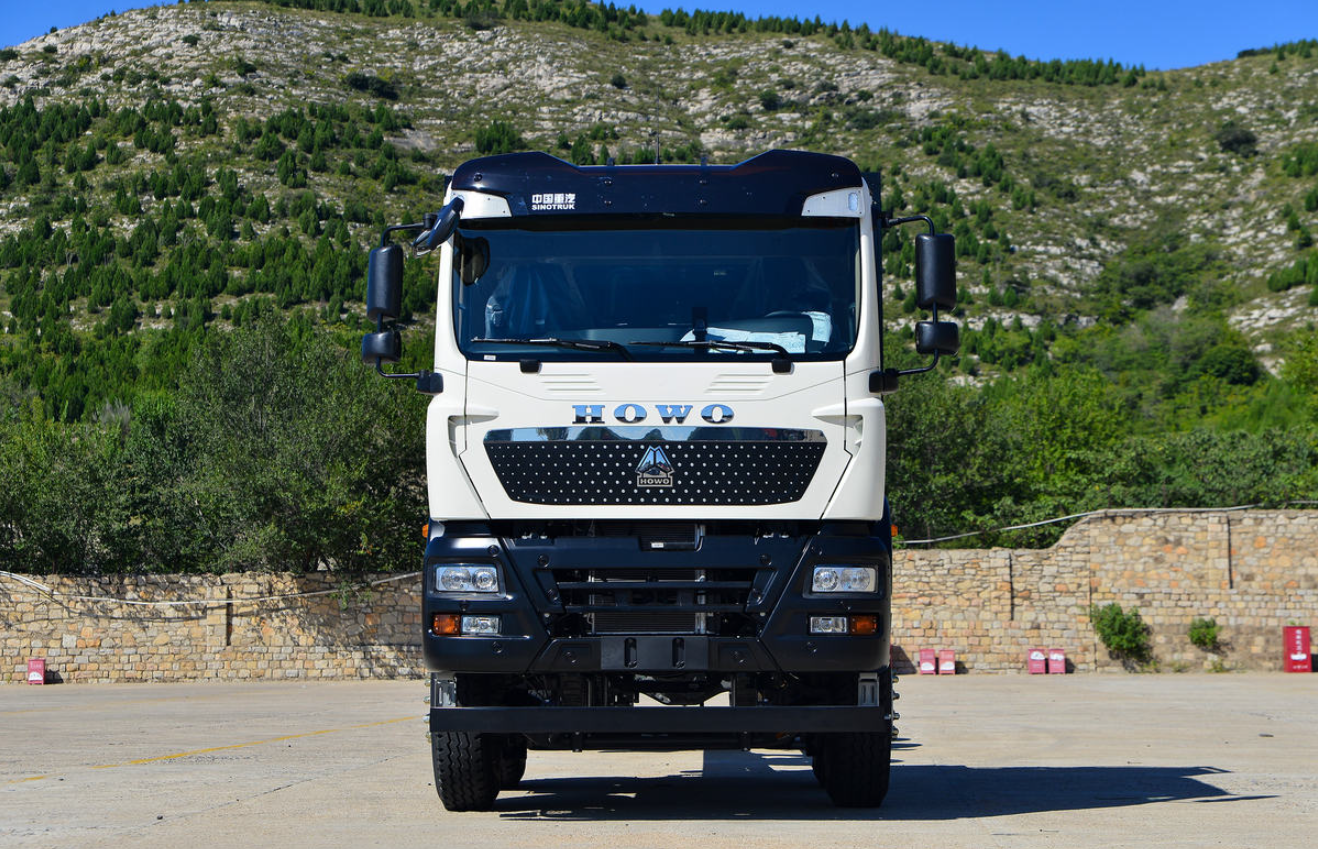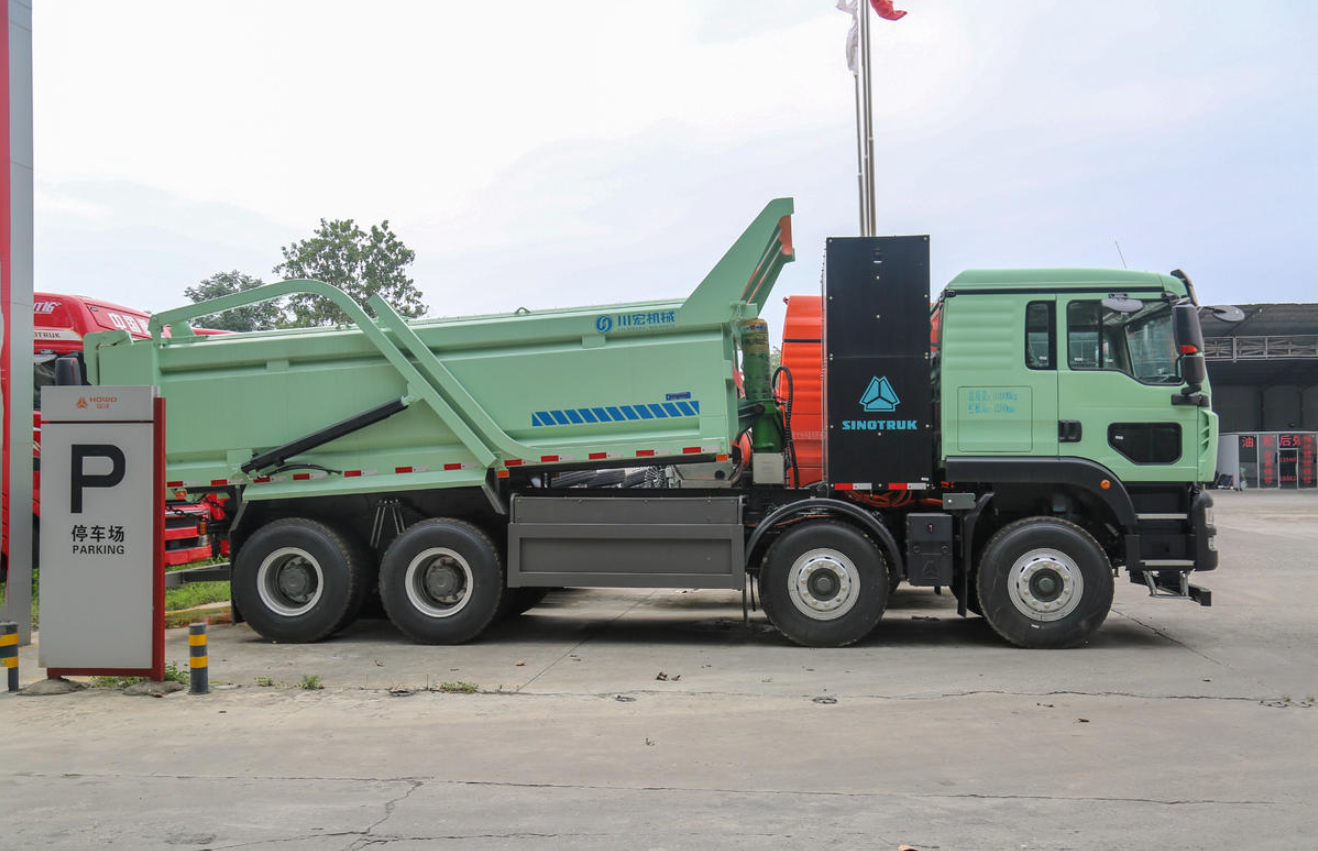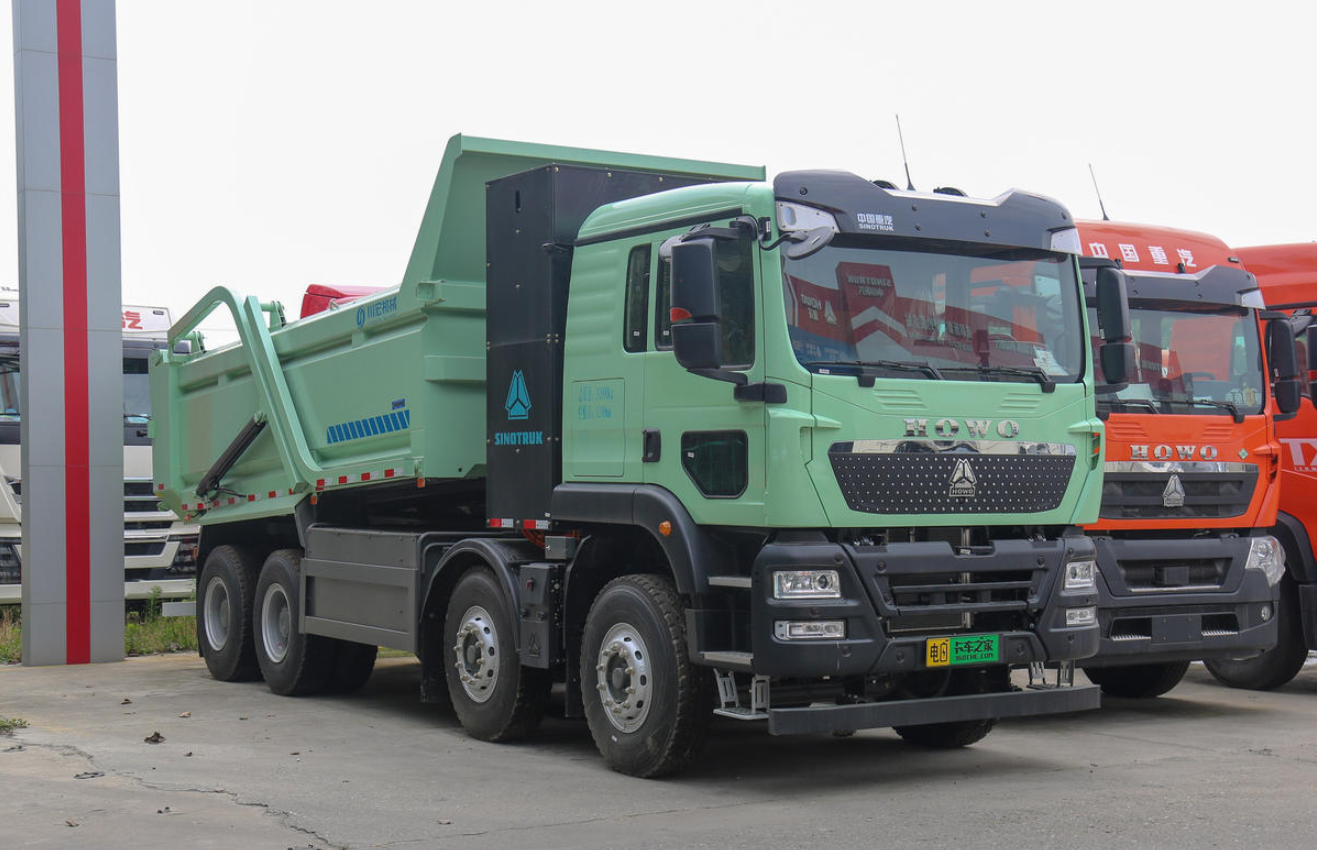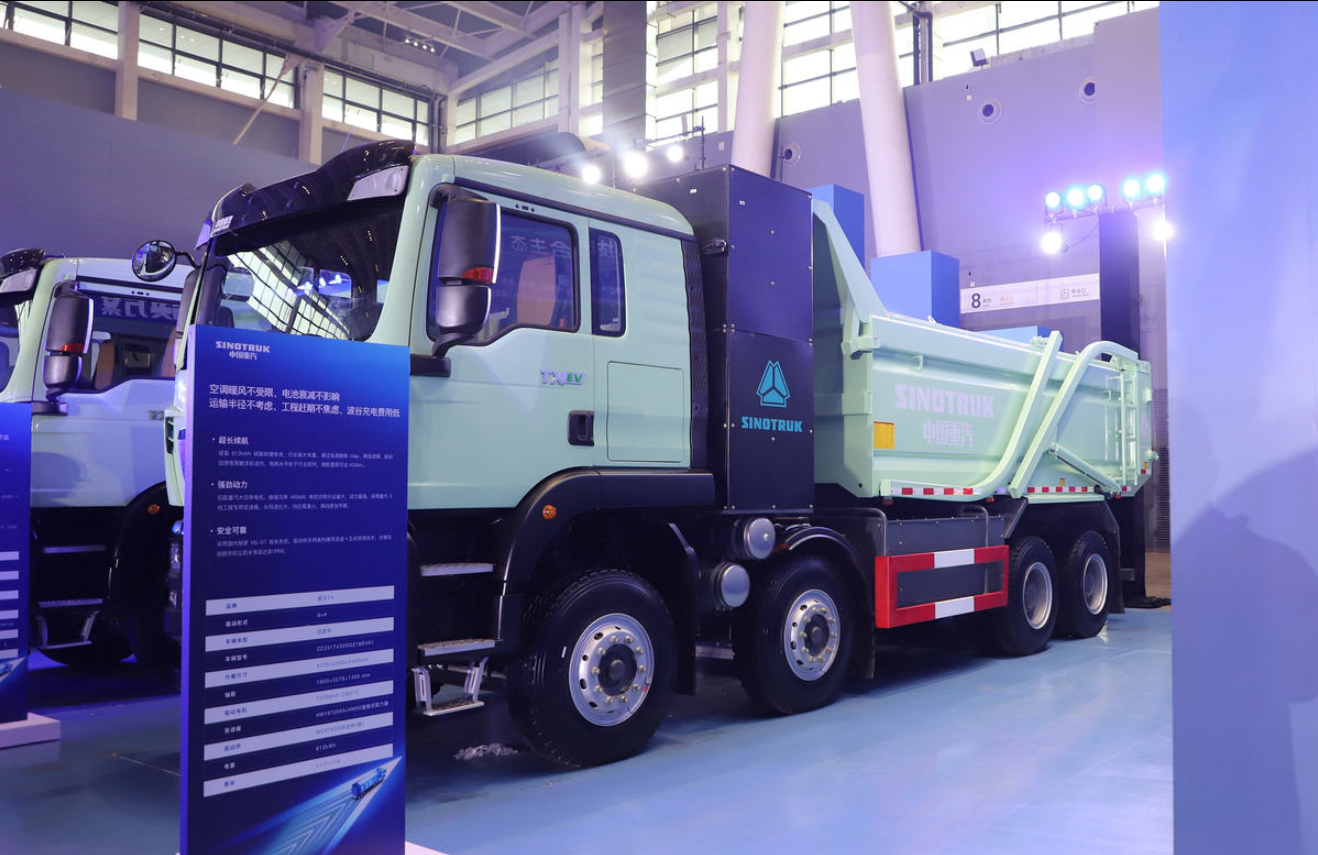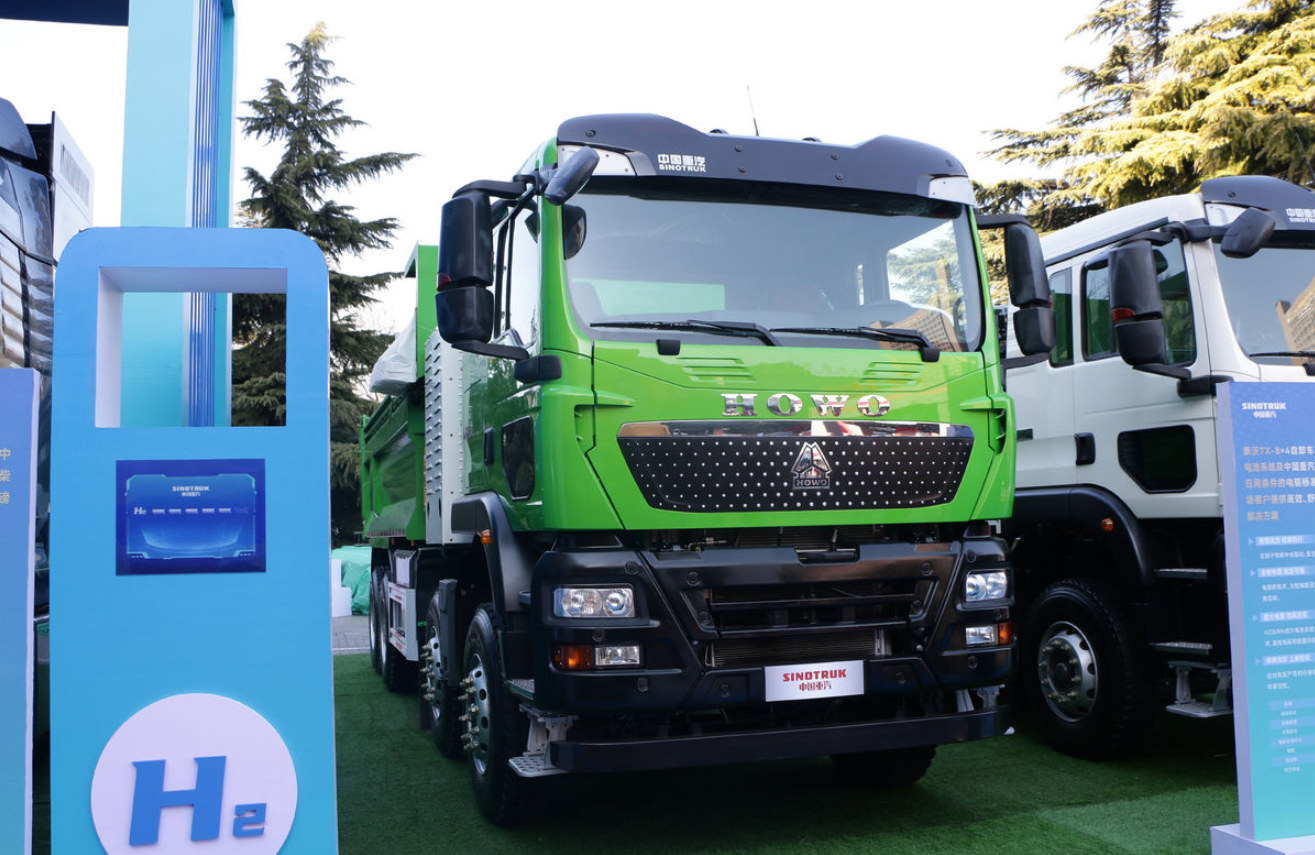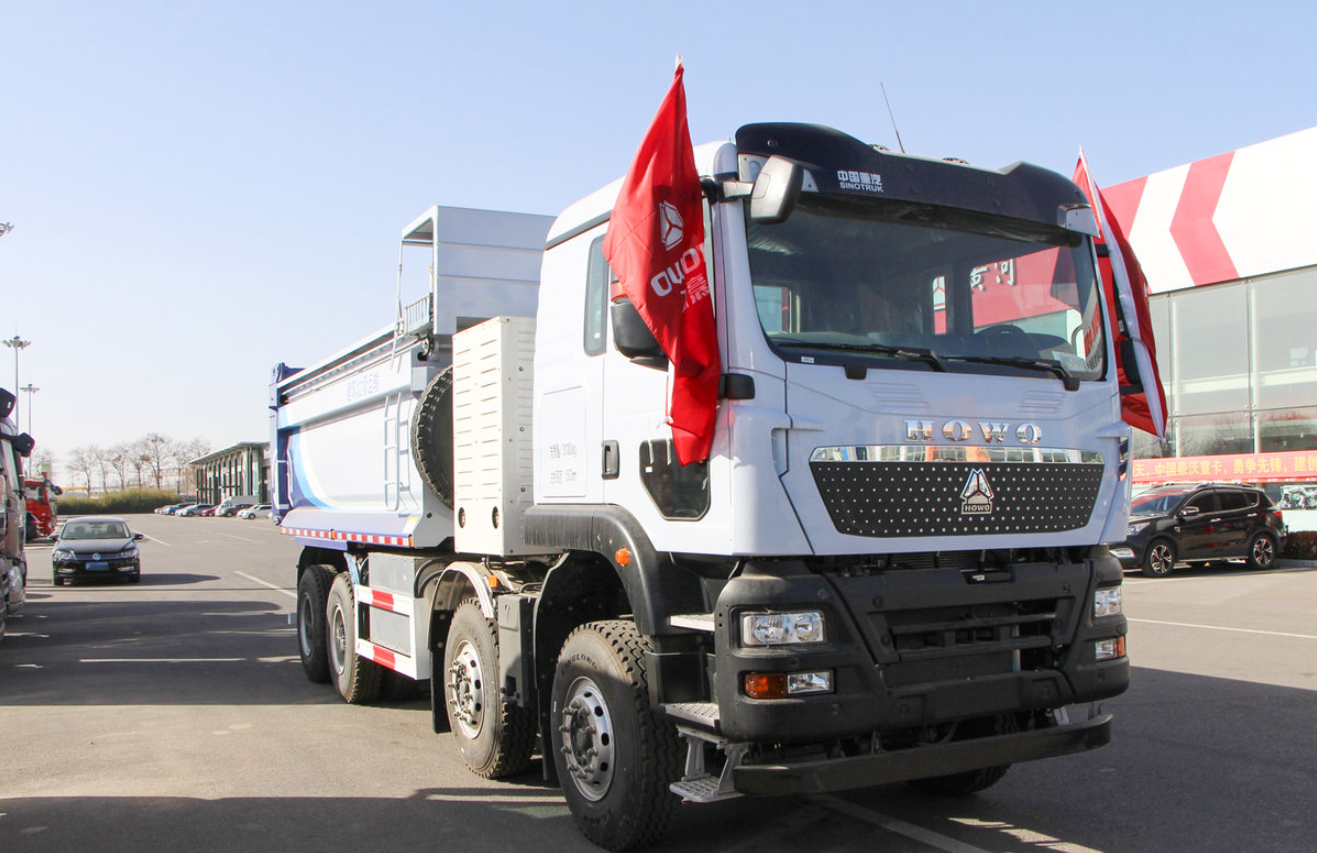Home page > list > news
MAN and Schenker: Pioneering Green Transportation and Its Implications for China's Trucking Industry
In the global pursuit of sustainable transportation, the collaboration between MAN and Schenker represents a significant step forward. Their joint efforts in introducing electric trucks into Schenker's fleet not only contribute to reducing carbon emissions in Europe but also offer valuable insights for China's trucking industry.
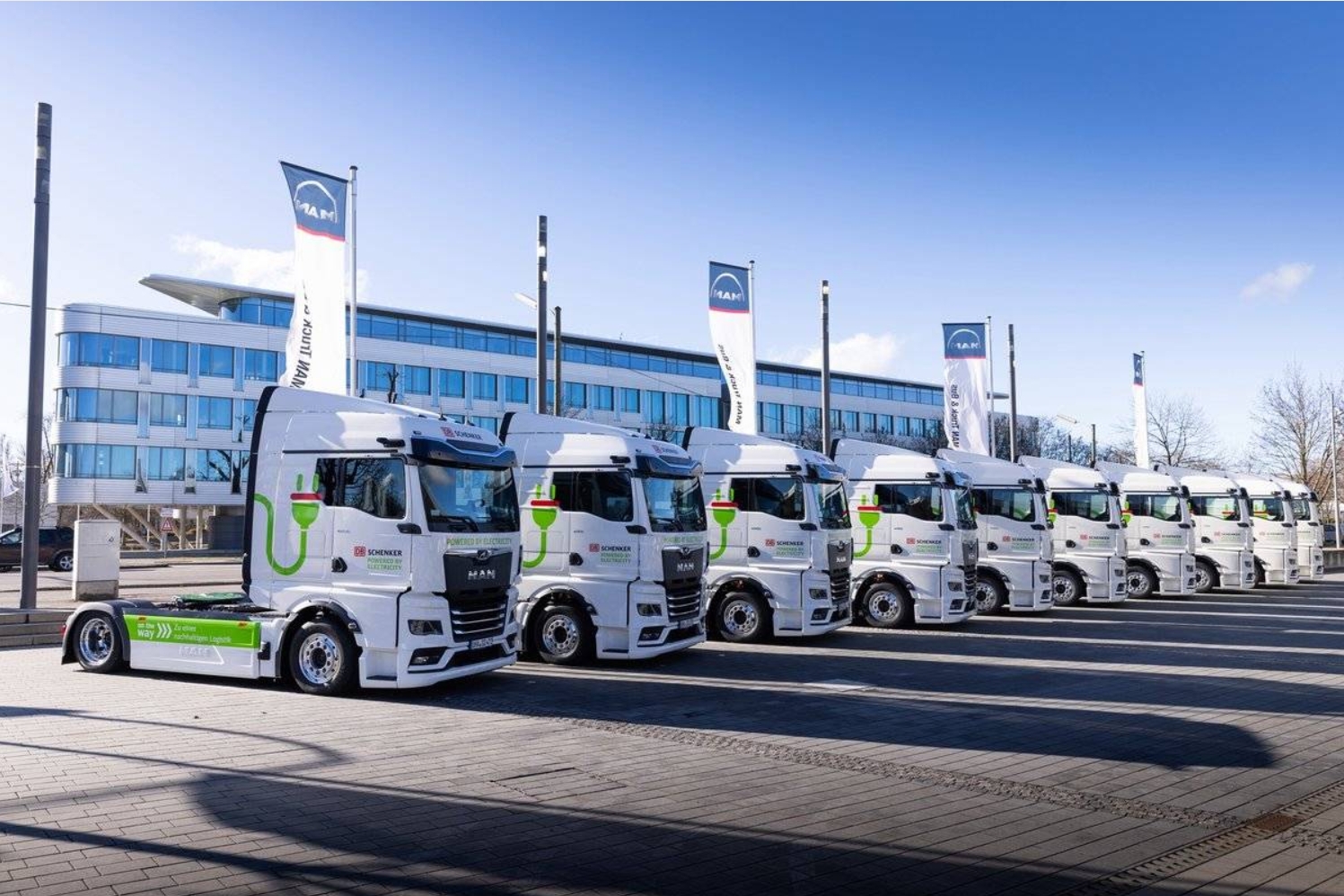
China's trucking industry is at a crucial juncture in its transition towards greener transportation. The cooperation between MAN and Schenker serves as a model for Chinese truck manufacturers and logistics companies. MAN's development of electric trucks with high - loading capacity and long - range capabilities, like the eTGX and eTGL, addresses two key challenges in the industry: maximizing cargo capacity while minimizing environmental impact.
The eTGX Ultra Low Liner, with its unique design and modular battery system, showcases the potential of electric trucks in handling large - volume cargo. In China, where long - distance and large - scale freight transportation are prevalent, such vehicles could revolutionize the logistics sector. The ability to adapt to different loading requirements and the option for high - power charging are features that Chinese truck users would highly value.
Similarly, the MAN eTGL's suitability for urban "last - mile" deliveries provides inspiration for China's rapidly growing urban logistics. As Chinese cities strive to reduce emissions and improve air quality, electric trucks with short - range but efficient performance are in high demand. The eTGL's relatively long range for urban use and quick - charging capabilities could be replicated in China's domestic electric truck models.
The agreement between MAN and Schenker to gradually expand their electric truck fleet also highlights the importance of long - term planning in the transition to green transportation. In China, where the government is promoting the widespread adoption of new - energy vehicles, such commitments can drive the development of the entire industry. Chinese truck manufacturers and logistics companies can learn from this approach by setting clear goals for the integration of electric trucks into their fleets.
Moreover, the technological advancements in MAN's electric trucks, such as the new MCS charging standard, can influence China's charging infrastructure development. As China continues to build out its charging network for electric vehicles, it can draw on international standards and innovative technologies to improve the efficiency and convenience of charging for electric trucks.
In conclusion, while the collaboration between MAN and Schenker is based in Europe, its impact can be felt in China's trucking industry. By studying their initiatives in electric truck development, fleet expansion, and sustainable transportation strategies, China can accelerate its own transition towards a more environmentally friendly and efficient trucking sector. This international cooperation serves as a reminder that the global trucking industry is moving towards a greener future, and China has much to gain from learning and adopting successful international practices.
Submit purchase request
If you need vehicle configuration and quotation, please feel free to contact us
Whatsapp:+8615206750120
Email: 15206476328lulu@gmail.com
The vehicle price and configuration reference of Chinese domestic products, you need to consult local dealers for local purchase
- Submit









